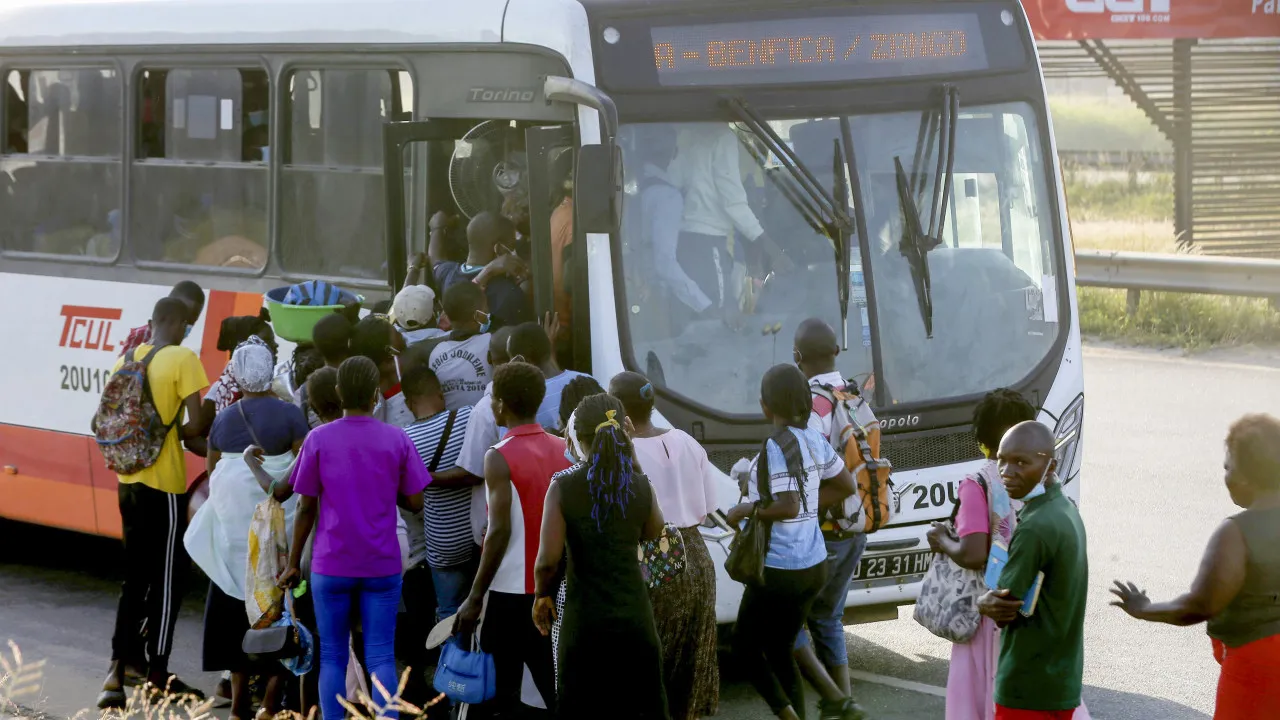
The parliamentary leader of the Socialist Party (PS), Alexandra Leitão, described the silence of the Ministry of Foreign Affairs and the Ministry of Education as “quite unbearable” following a questionnaire from the United States directed at Portuguese universities.
“This is yet another step by the United States towards dictatorship, there is no other way to say it. Domestically, they had already used the issue of federal funding as a way to constrain freedom of research and expression. Universities have been preferred targets, as they always are by dictators. […] This is another step, this time internationally, to demonstrate authority because they can,” stated the Socialist on CNN Portugal.
The leader highlighted that the questions were related to associations with “diversity projects, commercial relations with countries, and environmental projects,” as if these were “something negative.”
“It’s unacceptable,” she said, while expressing “appreciation and praise” for the university rectors who “did not respond, and many publicly stated that they would not respond and would not accept it.”
“Universities are strongholds of freedom; this must never be forgotten. That’s why many authoritarian regimes start exactly in universities,” she noted.
The PS parliamentary leader also pointed out that “the EU should try to attract these scientists, researchers, and academics, as many are being pushed out of the United States.”
“The irony of history is terrible. It’s what the United States did by protecting and receiving scientists fleeing Nazi Germany,” she remarked.
It should be noted that the United States government canceled a program at Instituto Superior Técnico (IST) that allowed for a space to promote American culture on its premises, questioning the Portuguese institution about connections to terrorist organizations.
The president of IST, Rogério Colaço, mentioned that he received communication on March 5 regarding the immediate cancellation of the ‘American Corner’ program and, on the same day, an inquiry with “quite inappropriate questions” about whether IST collaborated or was cited in accusations or investigations involving terrorist associations, cartels, human trafficking, drugs, organizations, or groups promoting mass immigration.
Hermenegildo Fernandes, the director of the Faculty of Letters at the University of Lisbon (FLUL), stated that he received the same questionnaire, which left him astounded by the “level of audacity” of the questions, particularly about “climate agendas,” and whether the institution had “contacts with communist and socialist parties” or “relations with the United Nations, the People’s Republic of China, Iran and Russia” and what it did to “protect women from gender ideologies.”
When contacted, the Faculty of Science and Technology at the Universidade Nova de Lisboa indicated that the ‘American Corner’ is “an annual project that will end in September” without providing further details.
“We are assessing whether to apply for the continuation of the project or not,” added the faculty in a brief statement.
The rector of the University of Aveiro and president of the Council of Rectors expressed regret about the terms of communication from the United States Embassy, conditioning the continuation of funding on responses to “intolerable” questions.
According to Paulo Jorge Ferreira, Portuguese universities benefiting from U.S. funding through the American Corner program received an unexpected communication on Friday, the 7th from the U.S. Embassy, indicating the unilateral termination of grants in effect unless a form with questions deemed “inappropriate” was completed.
“The council of rectors discussed the matter, and the questions, due to their nature, constitute an intolerable intrusion into the autonomy of the institutions and their freedom of research and academic activity,” Ferreira told Lusa.
According to the portal of the United States Embassy in Portugal, there are more than 600 “American spaces” in over 140 countries, located in universities, shopping centers, libraries, and embassy facilities, among other places.




